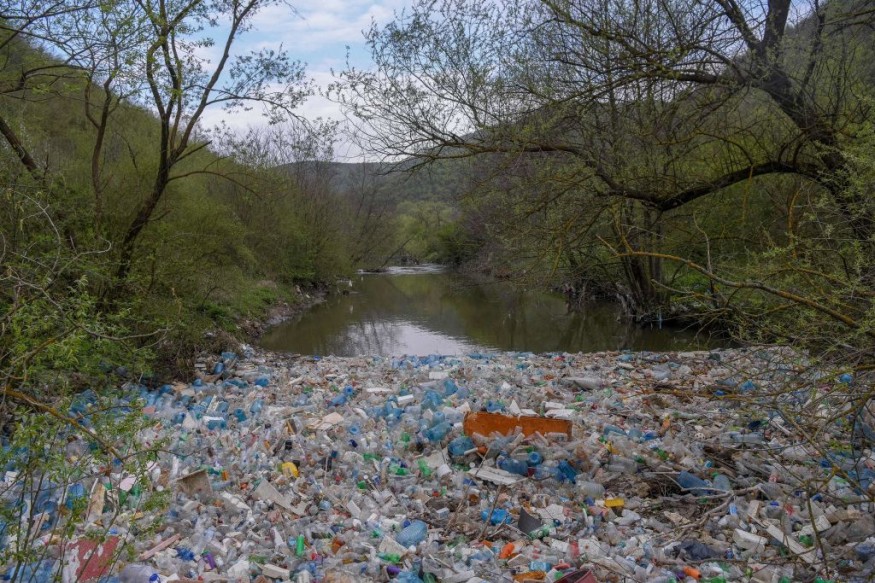The latest report revealed that plastic pollution can reduce by 80% by 2040 when countries become committed to observing plastic-solution-based practices, raising concerns over the impact of plastics on the environment.
Increasing plastic pollution has been one of the pressing concerns among environmentalists, experts and scientists due to the environmental impact.
According to United Nations Environment Programme, plastics significantly impact health, affecting animals and biodiversity.
The report added that about 400 million tonnes of plastic waste are produced yearly, noting the concerning surge of plastic use globally.
UNEP report added the need for change to reduce the use of plastic, adding that only 10 percent of the seven billion tonnes of plastics showed to become recycled.
Furthermore, the report added that oceans, livers and lakes suffer from the worsening plastic problem, raising concerns over the 75 to 199 million tonnes of plastics seen in oceans.
Reducing plastic pollution

In the latest report from the UN Environment Program (UNEP), plastic pollution can be reduced by 80% by the year of 2014. The new report said countries played a significant role in addressing global plastic concerns.
The UNEP new report was also reported on Phys.org's website. The report titled Turning off the Tap is also available: How the world can end plastic Pollution and create a circular.
Furthermore, the report raised the importance of concrete practices and policies that can spark change in reducing global plastic pollution.
According to the report published in Phys.org, UNEP Executive Director Inger Andersen explained that people's production, usage and disposal of plastics could pollute ecosystems.
The report said plastic polluting the ecosystems could harm and create potential risks to animals and humans.
Problematic plastic pollution
Furthermore, the report said that plastic pollution could be slashed by 80%, adding important suggestions for reusing, recycling, reorienting and diversifying.
Based on the report, the promotion of reusing can significantly impact the environment, reducing plastic pollution by 30% by 2024.
The report highlighted that reusing or using refillable bottles, dispensers and efficient packaging can help to reduce plastic issues in the environment.
Furthermore, recycling also reduces plastic pollution by 20% by 2040. It is not also an efficient step, but it can generate revenue.
The report said that companies and countries should develop effective policies for the recyclability of plastics. Countries can also design regulatory approaches to transform businesses and economies into plastic-friendly communities.
Meanwhile, the report added the importance of reorienting and diversifying.
Addressing plastic solutions
While plastic pollution is helpful, reports show the environmental consequences. In a recent report, CNN explained some tips for becoming plastic-friendly and contributing to the environment.
Preparing for biodegradable toothbrushes and cutlery
It is also helpful when you travel. Having your own biodegradable toothbrushes and cutlery would help address plastic pollution.
Avoid using plastic bags
Plastic bags also contribute to the problem of plastic pollution. It is best to have your bag when doing groceries. Bringing a refillable water bottle is also suggestible.
For more similar, don't forget to follow Nature World News.
© 2025 NatureWorldNews.com All rights reserved. Do not reproduce without permission.





